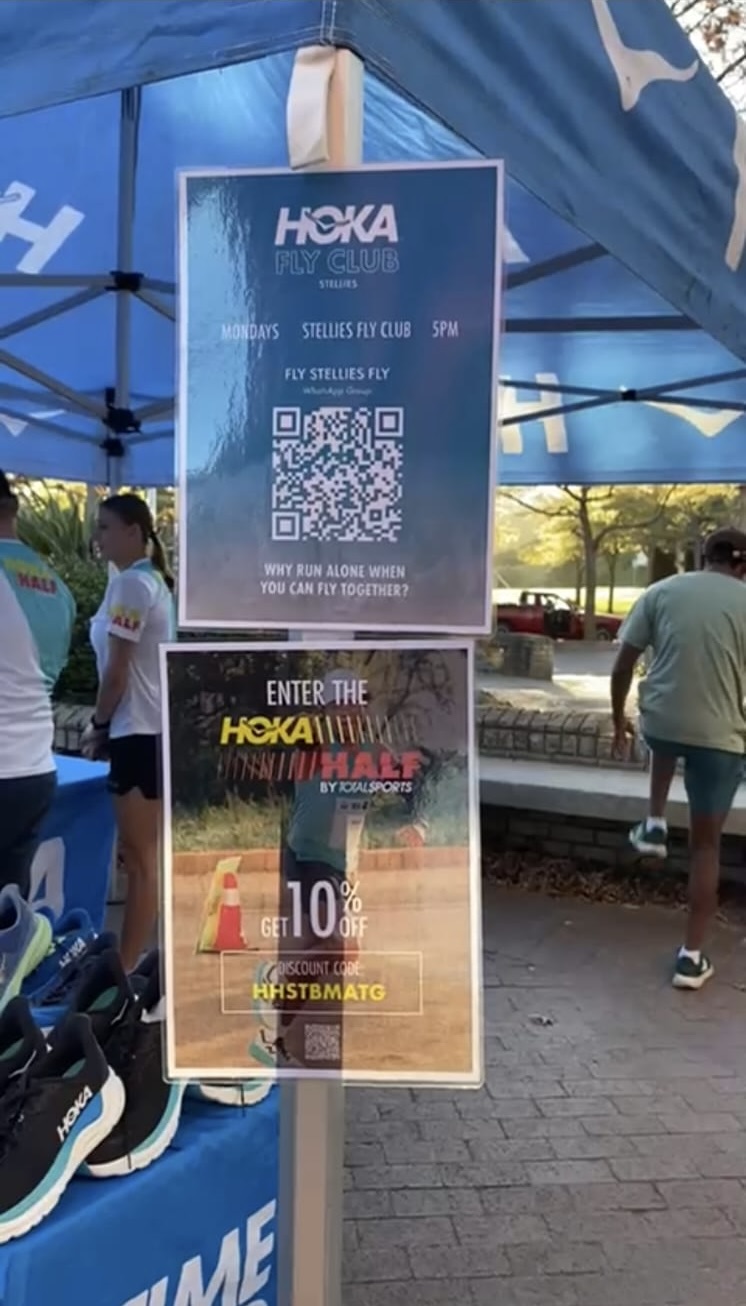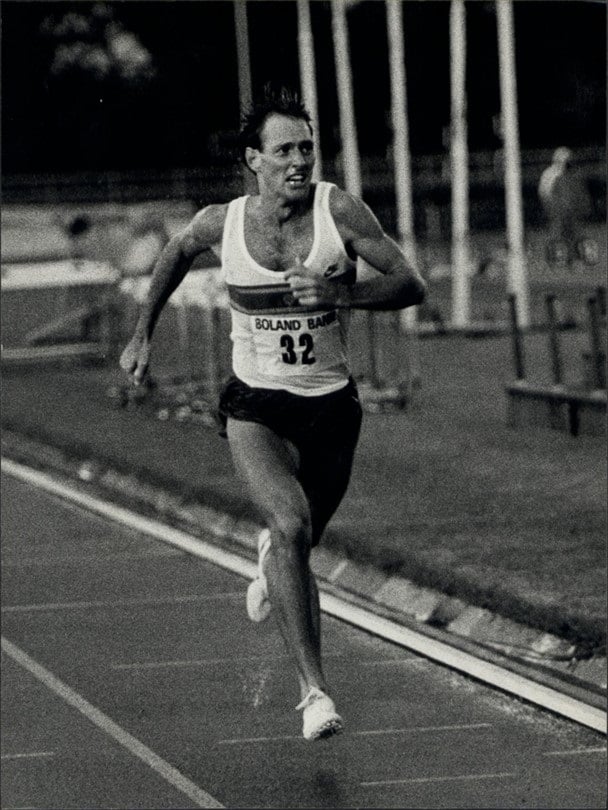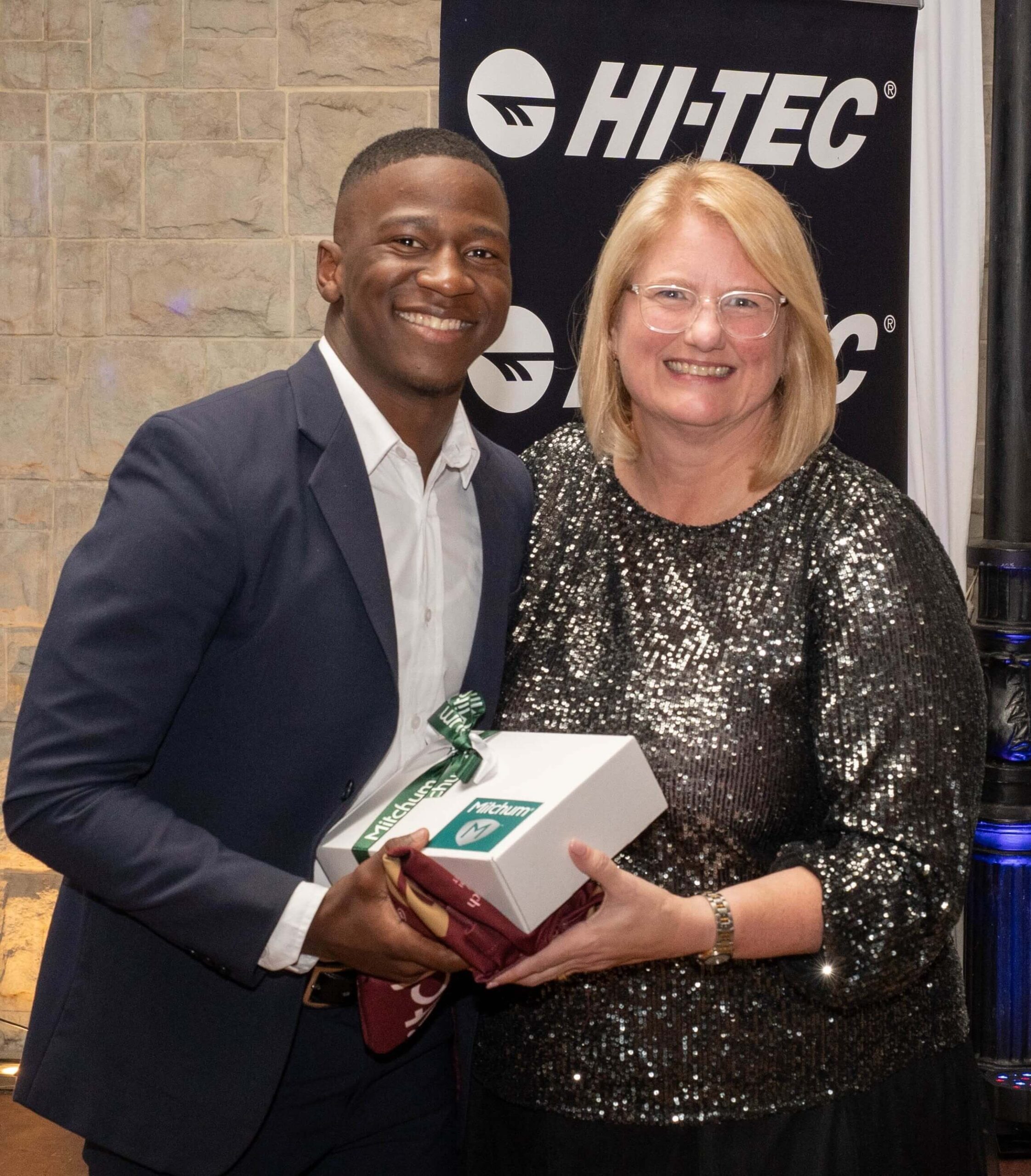By Ella Bosman
With the Hoka Half-marathon around the corner, the streets of Stellenbosch are swarming with runners. From the weekly student-led run clubs to the flurry of runners around Jan Marais Park, it feels like everyone is lacing up their shoes. If this is you, you may be wondering how exactly you should train for 21,1 kilometres as a beginner?
To start, don’t feel intimidated. The half-marathon is really one of the most accessible race distances. It is long enough to challenge you, but not so much that you need to be a professional athlete to complete one. As first time runner Hanné Steyn, a third-year BScAgric (Plant and Soil Science) student, says, “Pain is temporary, Strava is forever.”
Training plans are easily accessible online. Steyn says she “used a 12 week programme from the Nike Run Club app.” She adds that “longer distances don’t seem so daunting anymore.”
Most training plans revolve around the idea of gradually increasing mileage. Dr Shuandre Jacobs, Senior Lecturer in Applied Kinesiology, Strength and Conditioning, and Elite Sport Management, states, “One of the biggest mistakes is doing too much too soon.” She adds, “The body needs time to adapt to increasing stress.”

An added challenge in training is staying motivated and finding balance with your studies. Dr Jacobs recommends students “pick [their] key sessions”, “be adaptable” and “block out training time around your class schedule.”
Luckily, you don’t have to do it alone. Stellenbosch is home to a range of running clubs. As Vianke Herbst, a third-year BCom (Industrial Psychology) student and the Stellenbosch female run captain of Run to Coffee, says, “Stellenbosch is made from running. There is such a passionate youthful energy here.” She describes run clubs as a “built-in cheer squad”.
In her words, running with others ensures accountability because “when you know your friends are waiting for you, it’s much harder to bail.” If that isn’t your scene, find a friend or even convince one to run with you in exchange for a coffee.
Nutrition and recovery matter too. Dr Jacobs emphasises, “Sleep is king. Aim for consistent, quality sleep.” She advises that whilst training one should “prioritise carbs and protein to refuel glycogen stores and support muscle repair.” This doesn’t mean fancy gels or products. Even students on a budget can fuel up. Dr Jacobs recommends “dates, bananas, peanut butter sandwiches or simple carb sources that your gut tolerates.”
But most importantly, remember that you do not have to achieve your “personal best” the first time. In the age where Strava and run clubs have replaced dating apps, it is easy to feel pressure to achieve a certain pace. Steyn encourages first time runners to “just run and have fun,” adding that “the race is just a celebration of all your hard work!”



